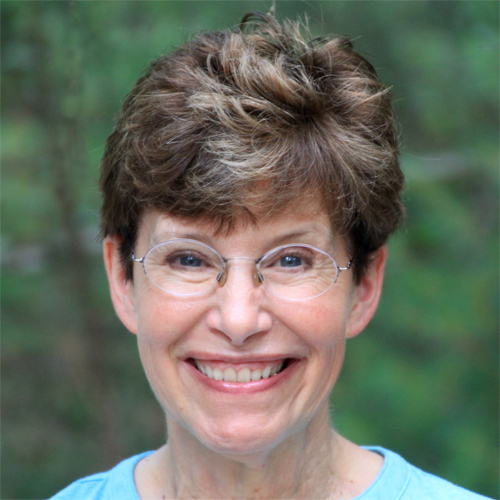
Ruth L. Platner – Planning Commission
Ruth grew up in Oregon, Idaho, and Utah and studied in Switzerland and New York, but from the first day she saw Charlestown in 1977, she knew she was home. The beauty of Charlestown’s historic villages, farms, forests, and ocean beaches have kept her here for over 40 years. Ruth has worked hard over those years to protect this beautiful place. Her work in land conservation has led to the preservation of many of our parks and open space properties. She has extensive experience as a microbiologist in environmental research related to water pollution. She was a lead member of Solarize Charlestown, a program to make roof-top solar more affordable for Charlestown homeowners. She was an invaluable leader in the successful multi-community effort to stop the Federal Railroad Administration’s plan to bisect northern Charlestown with new rail lines. Her leadership was critical in the successful effort to stop Invenergy from withdrawing water from Charlestown and trucking it to northern Rhode Island. Ruth has always reminded us of the connection between natural resource protection and our relatively low tax rate. Ruth uses her time on the Planning Commission to “continue to serve the people and environment of Charlestown, by protecting our natural resources and subjecting changes in our land use regulations to a long-term financial analysis.”
Education
- Workshops and training sessions for municipal leaders conducted by Rhode Island Department of Environmental Management, Statewide Planning, RI Department of Health, Rhode Island Historical Preservation & Heritage Commission, Coastal Resources Management Council, Natural Resource Conservation Service, URI Environmental Data Center, Rhode Island Department of Transportation, Grow Smart Rhode Island, Save The Bay, Narragansett Bay Estuary Program, RI Association of Conservation Commissions, Southern New England Forest Consortium, Northeast Organic Farming Association, Washington County Regional Planning Council, and others (1990 to the present)
- Post-graduate studies in Computer Science and Statistics – University of Rhode Island
- BS in Biology/Microbiology, Syracuse University, Syracuse, NY
- Graduate of Collège du Léman, International School, Geneva Switzerland
Professional Experience
- Lead Programmer Analyst (Web Developer), University of Rhode Island
- Senior Programmer Analyst (Scientific Programmer), Graduate School of Oceanography, University of Rhode Island
- Research Associate in Microbiology, University of Rhode Island
- Microbiologist, U.S. Environmental Protection Agency Laboratory, Rhode Island
- Microbiologist, Syracuse University, Syracuse New York
Public Service
- Charlestown Rhode Island Planning Commission (appointed in 1997 and elected since 1998)
- Web design and technical support, Charlestown Citizens Alliance
- Founding member, Board of Directors, Charlestown Land Trust (1995 to 1998)
- Citizen volunteer, Charlestown 1991 Comprehensive Plan
- Legacy Member, The Nature Conservancy
- Member, Northeast Organic Farming Association
Personal
With her husband, Cliff Vanover, she co-owns and operates Great Swamp Farm, an organic subsistence farm producing honey, eggs, bramble fruits, vegetables, herbs and flowering perennials and which produces most of the family’s food. She also helps Cliff with his publishing business, Great Swamp Press, which publishes authoritative maps and guides for hiking and biking in recreational areas in and near Rhode Island plus maps and guides of historic and architectural interest. Ruth and her husband built their passive solar home themselves in 1983. Their home uses very little energy, and they went over 40 years without a heating bill.